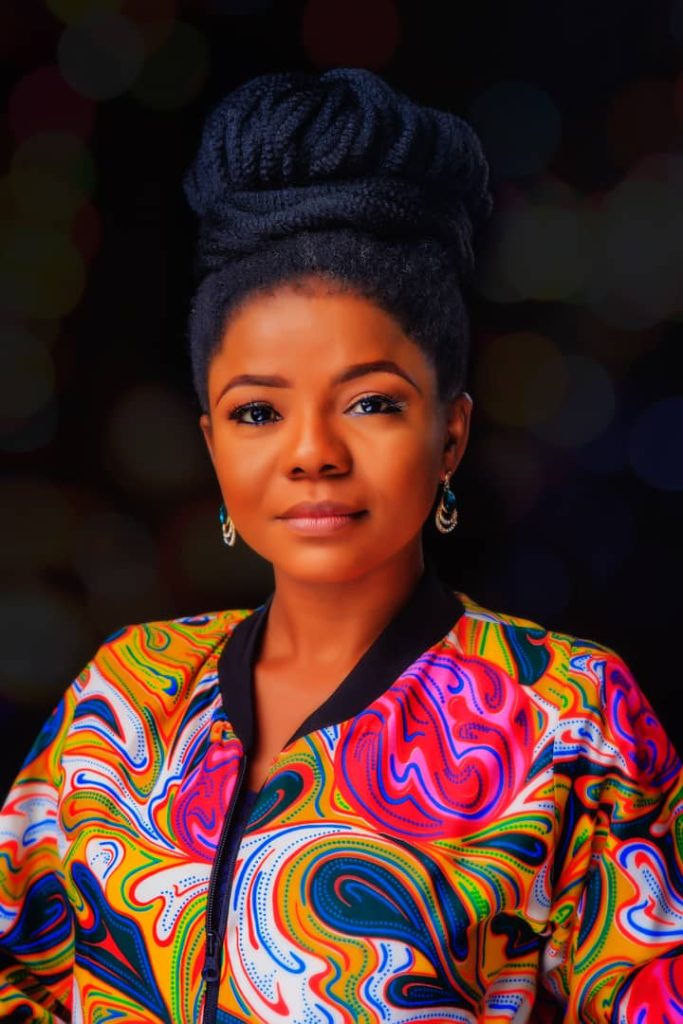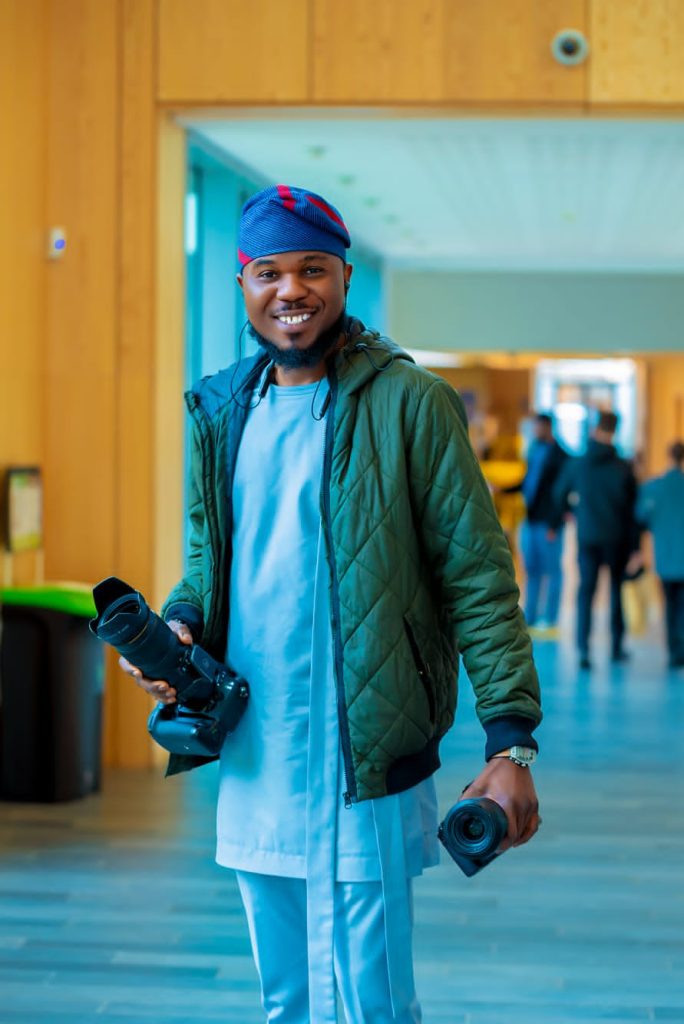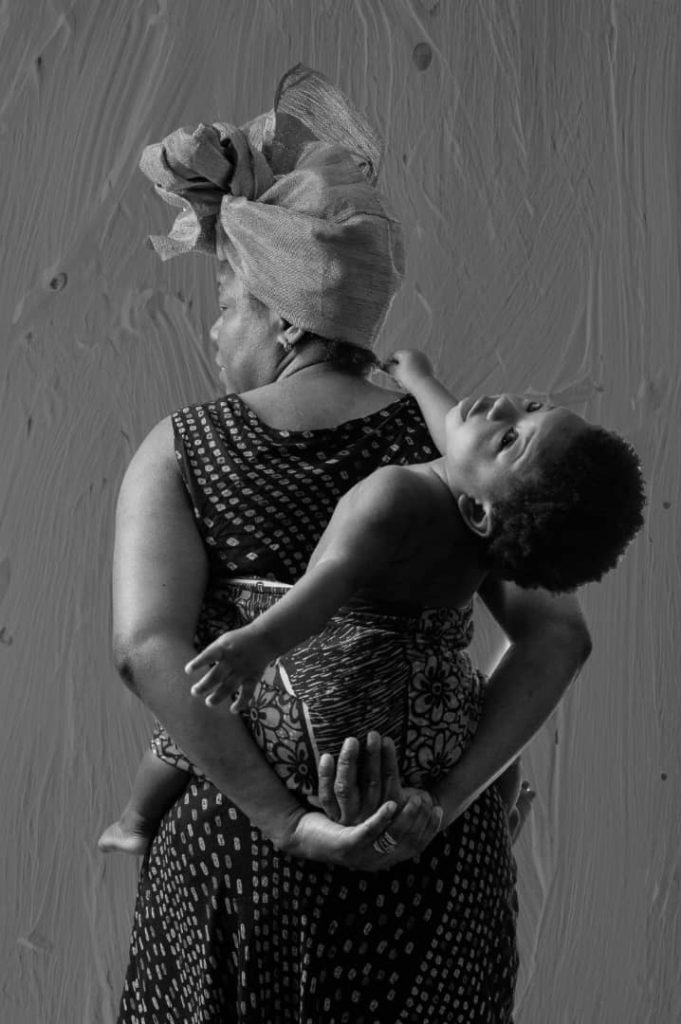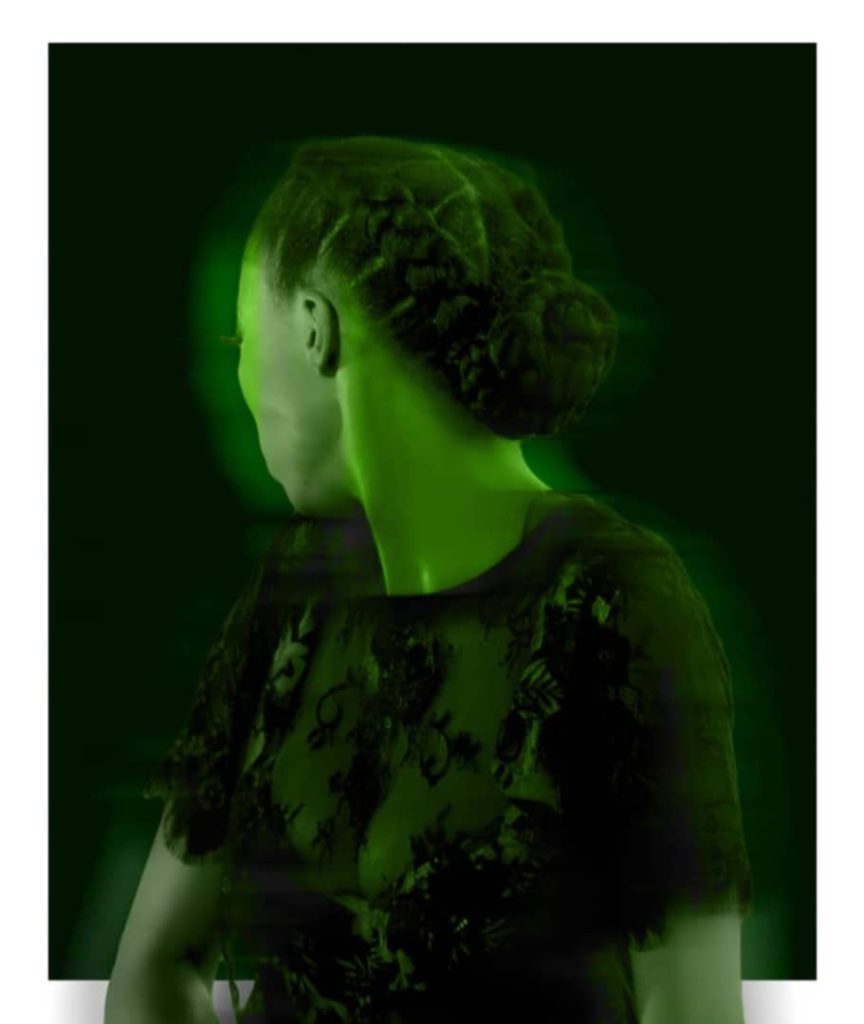Nigerian artists in the diaspora redefining global landscape

By Osa Mbonu-Amadi & Benjamin Njoku
Nigerian artists in the Diaspora have profoundly shaped global arts and literature by infusing Nigerian cultural perspectives with unique, compelling narratives. These creatives, ranging from novelists, playwrights, poets, visual artists to musicians, have garnered prestigious honors and international acclaim. This inaugural editions explore some of the award-winning Nigerian artists in the diaspora and their significant contributions to the arts.
From the United Kingdom, two award-winning visual artists, Kikelomo and Boluwaji, spoke with Vanguard about their arts, awards, and life in the diaspora:
Kikelomo Solomon-Ayeni
Kikelomo Solomon-Ayeni, simply known as Kikelomo, is a Nigerian visual artist based in the United Kingdom.
“My art is visual art-photography. A large body of my work is niched around children, maternity and family. My goal is to promote child and women protection, mitigate child and gender based violence and to also improve family bond,” She told Vanguard.

“Also, I just started an organisation in the UK to help art creators get international visibility for their work especially people from African or minority community.
Kikelomo’s most recent award is a special recognition in visual art-photography by Eko Heritage Award in July 2025. She has had an Honourable Mention for her work, African Preggy Ready to Party (9). “This is a series but the 9th image got the mention by Blue Koi Gallery USA in March 2025,” Presently, Kikelomo has a nomination from African Fashion Award for “African Iconic fine art photographer of the year” on her African Preggy Ready to Party series. On the nomination that will unveil in November, Kikelomo told Vanguard: “I hope to win.”
Describing her children art, Kikelomo said: “Here, every stroke of the brush and every click of the camera captures the essence of childhood magic. As a visual artist and photographer deeply passionate about child protection, I strive to immortalise the innocence, joy, and wonder of childhood through my creations.
“In my artwork, you’ll find timeless scenes and heartfelt moments that celebrate the pure joy of being a child. In each piece, I aim to evoke nostalgia, spark imagination, and remind viewers of the importance of nurturing and protecting the precious souls of our youngest generation.
“With every brushstroke and every snapshot, I hope to inspire a deeper appreciation for the beauty and resilience of children, and to ignite a collective commitment to creating a safer, more compassionate world for them to thrive in.”

One of Kikelomo’s striking creations is titled “Backing the Baby”. She broadly explains this body of works: “In this poignant and intimate series of images, we are reminded of the timeless tradition of Nigerian women carrying their babies on their backs, wrapped snugly in a colourful wrapper. This age-old practice is not just a practical solution for childcare, but a symbol of love, nurturing, and cultural heritage.
“The wrapper, often adorned with vibrant patterns and colours, serves as a protective embrace, cradling the baby close to the mother’s heart. As the baby grows, the wrapper becomes an extension of the mother’s own being, a constant reminder of the bond between parent and child.
“Through “Backing The Baby,” I celebrate the beauty and strength of Nigerian women, who have long been the pillars of their families and communities. I honor the traditions that have been passed down through generations, and the unwavering dedication of mothers who carry their babies on their backs, literally and figuratively.
“These images are a testament to the power of maternal love and the resilience of Nigerian culture, a reminder that even in the simplest moments, beauty and meaning can be found.”
Describing to Vanguard, her overall experience living and working as an artist in the diaspora, Kikelomo said it is a beautiful experience. “The United Kingdom arts space is very welcoming and accommodating. There is no discrimination for me as a woman of colour. There is no limitation here. I can easily get any equipment I need. Beautiful locations are accessible and opportunities abound. I can hold an art event, invite my councilor and he would come if he is available.”
How does the level of competition in the UK art scene compare to that in Nigeria? Kikelomo said, “Competition here is strong but the playing ground has been leveled since post-COVID-19. It is easy for emerging artists to access opportunities like established artists.
On whether she misses home, Kike said she doesn’t: “My mind broadened when I got into the UK. I saw that the visual art space experienced some decline since after COVID-19, and there is room for me to create opportunities that visual artists can benefit from, especially people from minority communities.”
Boluwaji Apanisile
Boluwaji Apanisile is also a Nigerian UK-based multidisciplinary visual artist, a fine art photographer, visual storyteller, and motion director, who blends fine art sensibilities with digital experimentation.
In 2024, he received the Most Creative Photographer at the African Creative Entrepreneur, ACE, Awards in Scotland. He was also nominated for Creative of the Year 2025 at The Black Scottish Awards in Scotland.
Speaking with Vanguard, Boluwaji said: “I’m drawn to the edges where reality frays into dream: textures that feel like touch, colours that hum like music, and gestures that let memory step into the present. My practice is storytelling through light, using still and moving images to honor heritage, reimagine identity, and make the invisible visible.”
On the particular work that worn the award for him, Boluwaji said the recognition was for his body of work rather than a single piece, but certain projects often rise to the surface. “Nebula Matriarch”, he said, is a portrait series where skin becomes constellation ancestry mapped in starlight and shadow. “Emerald Whispers” explores movement and memory through layered greens, like walking through a forest of stories. Together, they show what I care about most: reverence, reinvention, and the quiet electricity between past and future.
Speaking generally about awards, the artist said that “Awards don’t make the work, but they can make space for it. Winning reminded me to keep experimenting wildly while staying anchored in truth. Beyond the title, it felt like a handshake from the wider creative community, an affirmation that risk, curiosity, and restless craft really do matter. I’m grateful to everyone who stood behind the camera with me, those who show interest in my work, my drawings and designs in spirit or in person, and I’m committed to using the spotlight to mentor, collaborate, and open more doors for others.”
Bolu, as the artist is known for short, also described his experience living and working as an artist in the diaspora:
“Living and carrying on as a fine artist in the diaspora feels just like opening a series of doors. Nigeria gave me the vision, the first electric shock that both inheritance and creation can be art, but the diaspora provided me with the infrastructure to chase that vision at full speed.

“In any given week, I could be on a train from Glasgow to London, sketching out designs or photographing cause and effect at the Turbine Hall in Tate Modern, a workshop-turned studio. The cultural diversity here is a constant draught: in one café is Somali jazz, and at the back of the next door, some Scottish folk fiddle drifting, then threads of West African textiles show just down the block.
“For practical magic that I constantly thank my stars, the archives, museums and historic sites are all close by and usually free. I can walk right up to a 16th-century Flemish triptych, study the glazes, and let that method seep into a futuristic portrait shoot the next morning. This seamless transition between past and present is the greatest gift diaspora has given me as a practitioner.”
On how practicing his craft in the UK differ from creating art back home in Nigeria, Boluwaji told Vanguard that “Materials back home in Nigeria are relatively not as expensive. The markets are full of colours, old and young people draped in history go by on the street, and at the major roads at any moment of your life. The streets hum with raw inspiration and undiluted talents. In the UK, canvases cost more than a week of rent in Lagos, but curators vie to present modern and contemporary art. Grants, residencies, and academic laboratories where you can test leading-edge apparatus all extended an invitation to me.
“Arts are generally valued here; artists are dignitaries, distinguished individuals. The love for art is also of a higher standard. The society expects the extraordinary from art and artists. This expectation also sets a higher bar for me every day: I can’t just crank out “nice pictures”; I have to make the medium untwist and transcend itself.
On how the level of competition in the UK art scene compare to that in Nigeria, Bolu said “Nigeria is a spiritual forge where artists make their pigments in workshops behind the house and chisel wood outside, raw and talented individuals who made everything themselves from scratch. Meanwhile, in the UK, every bit of art is layered with technology and institutional commentary. Here, you are not only competing against artists with a brilliant eye; you are up against motion-capture rigs, AI-served pieces of installation, or works with textural robustness that can be traced back to Ph.Ds in every perfect artist’s talk.
“So I put it like this: Nigeria is strong and rich in culture; Great Britain is rich in diversity. It’s as if you are getting a toolbox served to you with each slice in one place and will whet your instincts from another. I carry the two with me in my heart.
On missing home, this artist said, “No matter how enchanting the spotlights may be, I miss home. I miss the culture, the tradition, the wild drum lines of an Òwàmbè that announce themselves well before they arrive. I miss the Yoruba gossip that is sung in beauty salons, and like the way people who are suitable friends straight away turn into family late at night, connected by suya or hot-pepper soup in Surulere-Lagos.
“What is sorely missed, though, is the rhythm of communities that have known my narrative so long before I finish telling it. Placed where an entire genealogy can be conjured up at once from a pattern on cloth, and each respected elder doubles as a critic and caretaker for a life’s output. My pining for that worthy keeps me honest; It reminds me why I picked up a camera in the first place.”
The post Nigerian artists in the diaspora redefining global landscape appeared first on Vanguard News.







